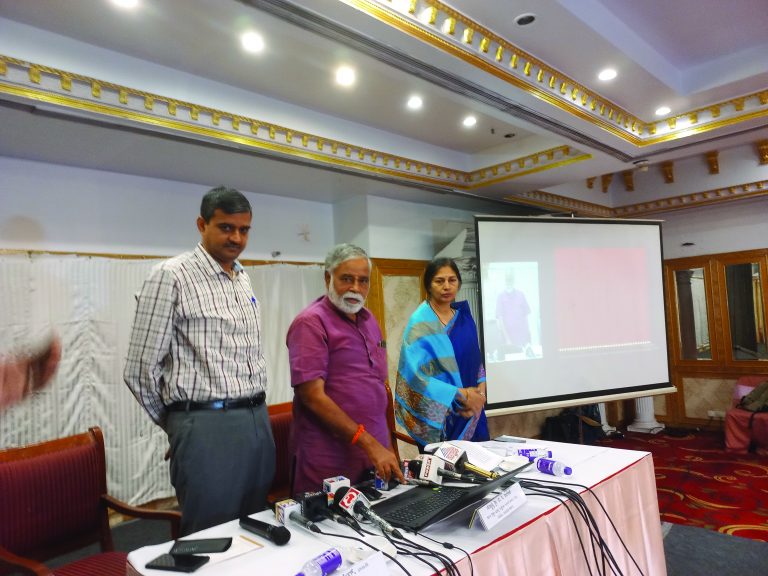No products in the cart.
Karnataka: Online system smokescreen
Summiya Yasmeen (Bengaluru)
With state legislative Assembly elections scheduled for May-June, the ruling BJP government is pulling out all the stops to mend its damaged reputation vis-a-vis education. The BJP government’s record in education — which unlike most north Indian states is an important electoral issue in Karnataka — has drawn widespread adverse comment.
For instance, in the year past, the government has been focused on politicising education rather than upgrading academic standards. It has stoked the hijab (headscarf) controversy, allegedly rewritten school textbooks from the hindutva perspective and worsened institutionalised corruption in the education ministry.
For the past several months, several private schools associations have openly accused education ministry officials of extorting massive bribes for renewal of school recognition licences, issuing no-objection certificates to greenfield CBSE and CISCE schools, making timely RTE Act, 2009 fees reimbursements, and other routine administrative functions.
On March 3, state education minister B.C. Nagesh held a press conference during which he announced several initiatives to ease and streamline the voluminous paperwork required for promotion of greenfield schools, issuance of NOCs to new CBSE/CISCE schools, and renewal of recognition licences.
Nagesh said the education department has introduced a new online process for all school application/renewal services. Under this process, the timeline for school promoters to get an NOC for starting new CBSE/CISCE schools has been reduced from 90 to 15 days with all “relevant documents” uploaded online. Moreover henceforth, the district Deputy Director of Public Instruction is the final authority to sanction approvals, unlike the earlier system where all applications were initiated at the office of the Block Education Officer and travelled up the bureaucratic chain.
Also on February 15, the government released a list of 1,316 private “unauthorised” schools, for violations such as “having additional sections without permission” and operating as CBSE/CISCE-affiliated schools when the permission was granted for implementing the state board syllabus.
Private schools in the state under the banner of the Associated Managements of Primary and Secondary Schools in Karnataka (KAMS) led by edupreneur D. Shashi Kumar, and RUPSA, an association of budget private schools, lashed out at the government stating that the issuance of the list will create another opportunity to extort bribes.
“How and why have these schools suddenly become illegal? This is nothing but an opportunity created by education ministry officials to extract bribes from school managements to make unauthorised into authorised,” says D. Shashi Kumar, general secretary, KAMS.
However Shashi Kumar welcomes the ministry’s March 3 announcement of switching to an online system for recognition/renewal services. “We welcome the switch to the entire online application, recognition, inspection process. Previously, bribes would be demanded at every stage of the application process at the time of physical submission. I hope it will help reduce corruption in the education ministry,” he says.
Shashi Kumar’s hopes may be doused if not dashed. According to Dr. Dhirendra Mishra, founder-director of Life Educare, a Bengaluru-based K-12 education consultancy, the application process has merely become “paperless not simplified”.
“Several states such as Gujarat, Madhya Pradesh and UP have already gone online with their schools recognition/NOC application process. Yet despite being the new digital technologies hub of India, Karnataka is a latecomer in moving to the online system. Almost the same set of documents have to be submitted except that the process has gone online. The ministry should reduce the number of documents for submission, leaving no room for bureaucratic discretion,” says Mishra.
To all intents and purposes, the government’s new online system seems to be a smokescreen, behind which the oiled wheels of corruption spin as usual. The consensus of opinion in this hitherto well-governed state is that corruption in education is too deeply entrenched for any government to root out. Meanwhile, with corruption scandals making headlines everyday, the chances of BJP being returned to power are also diminishing by the day.
















Add comment